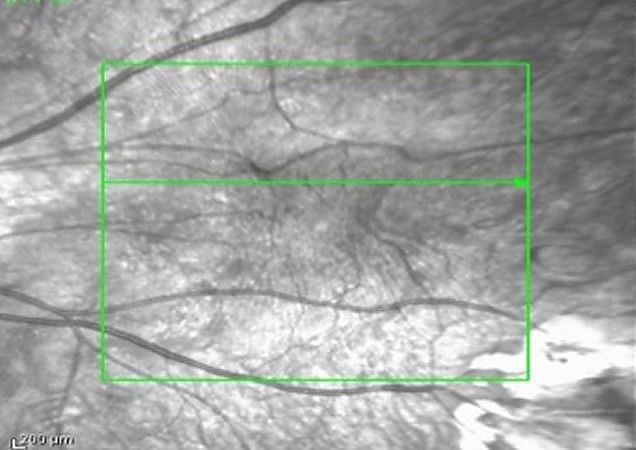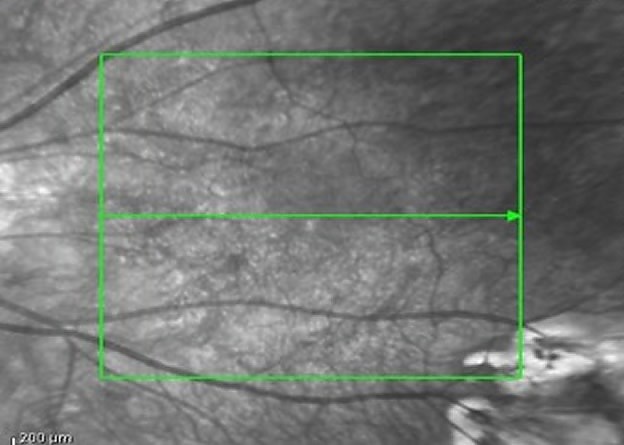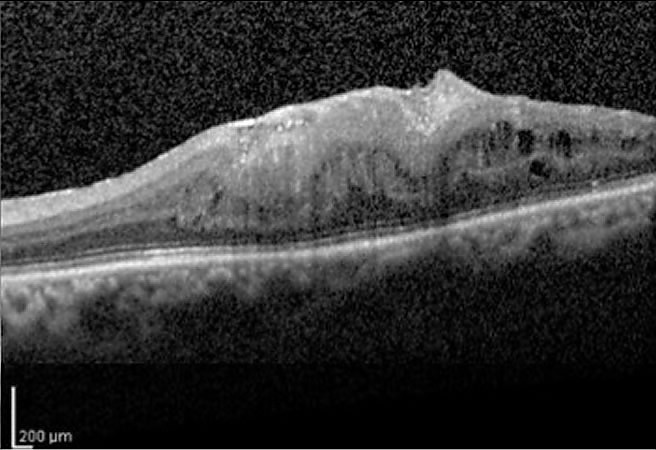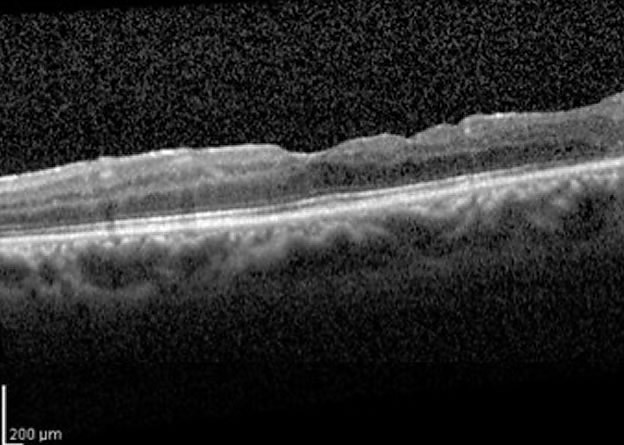Disorders
Epiretinal Membrane Retina
Epiretinal membrane?
The epiretinal membrane is an ocular pathology that consists of the development of a translucent cell membrane over the central area of the retina (macula). The macula consists of the noble area, located in the center of the retina, which allows us to see the fine details clearly. When this membrane contracts, it produces distortion of the retinal tissue and progressive deformation of the retina with consequent visual alteration.
Epidemiology
Epiretinal membranes affect about 2% of the population, from the age of 50.
What are the causes?
Its onset may be idiopathic or secondary to trauma, vascular retinal pathologies (diabetic retinopathy or venous retinal thrombosis) and after ophthalmologic surgery.
What are the symptoms?
The most frequent symptomatology consists of the loss of the vision and the distortion of the images (also denominated metamorfopsia). At an early stage, the patient complains of a slight distortion of the images as well as reading of wavy lines. When the traction exerted by the membrane increases, the vision deteriorates qualitatively and quantitatively. In more severe cases, a central area can be seriously affected (scotoma), maintaining the peripheral vision.
How is the diagnosis made?
Diagnosis is made by examining the retina with the slit lamp and evaluating the degree of evolution through optical coherence tomography (OCT). This test allows quantifying the distortion generated on the surface of the retina.
Treatment
Regular checks with the OCT examination are recommended at an early stage. When there is a progressive decrease in vision, or if the perception of object distortion increases, the membrane can be removed through retinal surgery (vitrectomy). The membrane is delicately separated from the macula surface. The macula resumes its anatomy and the vision recovers progressively, after the removal of this structure.
Request for Consultation
Make your online request here.
1st Consultation - € 85 and following € 80
Genetic Consultation - €90 (Private only)
See our Agreements and Partnerships!



